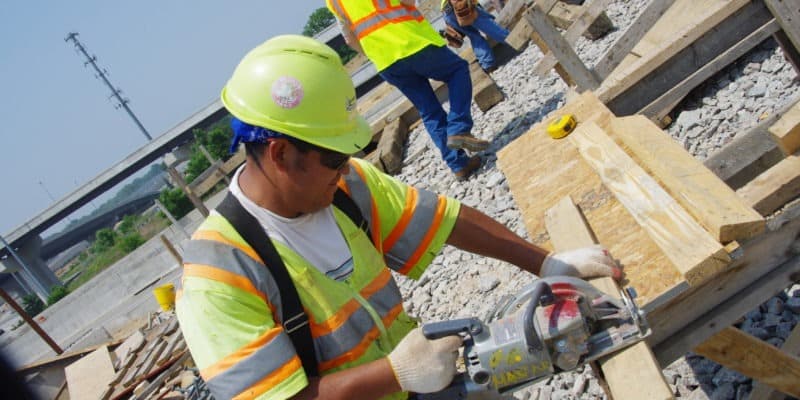by Richard E. Donahoo
Posted on July 19, 2019
Construction Law Wage and Hour Law
The San Jose Mercury News reported recently that prevailing wage requirements were expanded by San Jose to certain private construction projects. Labor groups herald this decision as a step toward better labor protections.
The San Jose City Council voted in June to require prevailing wage pay from contractors getting subsidies from the city for their projects. There are exceptions to the new ordinance that came in the wake of the sentencing of Silvery Towers project contractor Job Torres Hernandez.
Exceptions to the new requirements include:
- Some affordable housing projects
- Certain land-use categories where construction is unlikely without a subsidy
Additional requirements such as local hiring are expected to come up again when the council is back in session. Labor groups are particularly interested in adding local hiring guidelines, apprentice programs and programs for hiring disadvantaged workers associated with downtown high-rise development.
Some business groups including Silicon Valley Organization backed the prevailing wage vote in order to advance the downtown development.
Read the full story in “San Jose expands prevailing wage requirements on private construction projects” …
Prevailing wage rates are set to ensure that workers are fairly compensated for their work and that a strong and skilled workforce remain in place to provide quality construction skills for local construction projects. Prevailing wage rates for specific construction trade classifications (i.e. Laborer, Carpenter, Iron Worker, Traffic Control Technician, Operator and Teamsters) in California are set primarily by the Department of Industrial Relations, and are applied to projects funded by the public and awarded to contractors by public agencies also referred to as the “awarding bodies.” These projects often are also subject to apprenticeship requirements.









